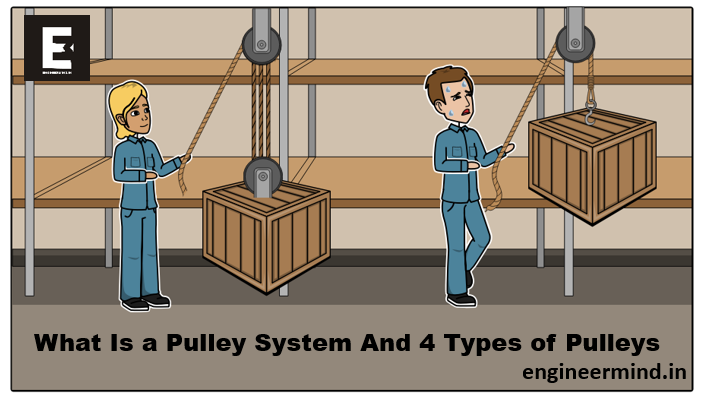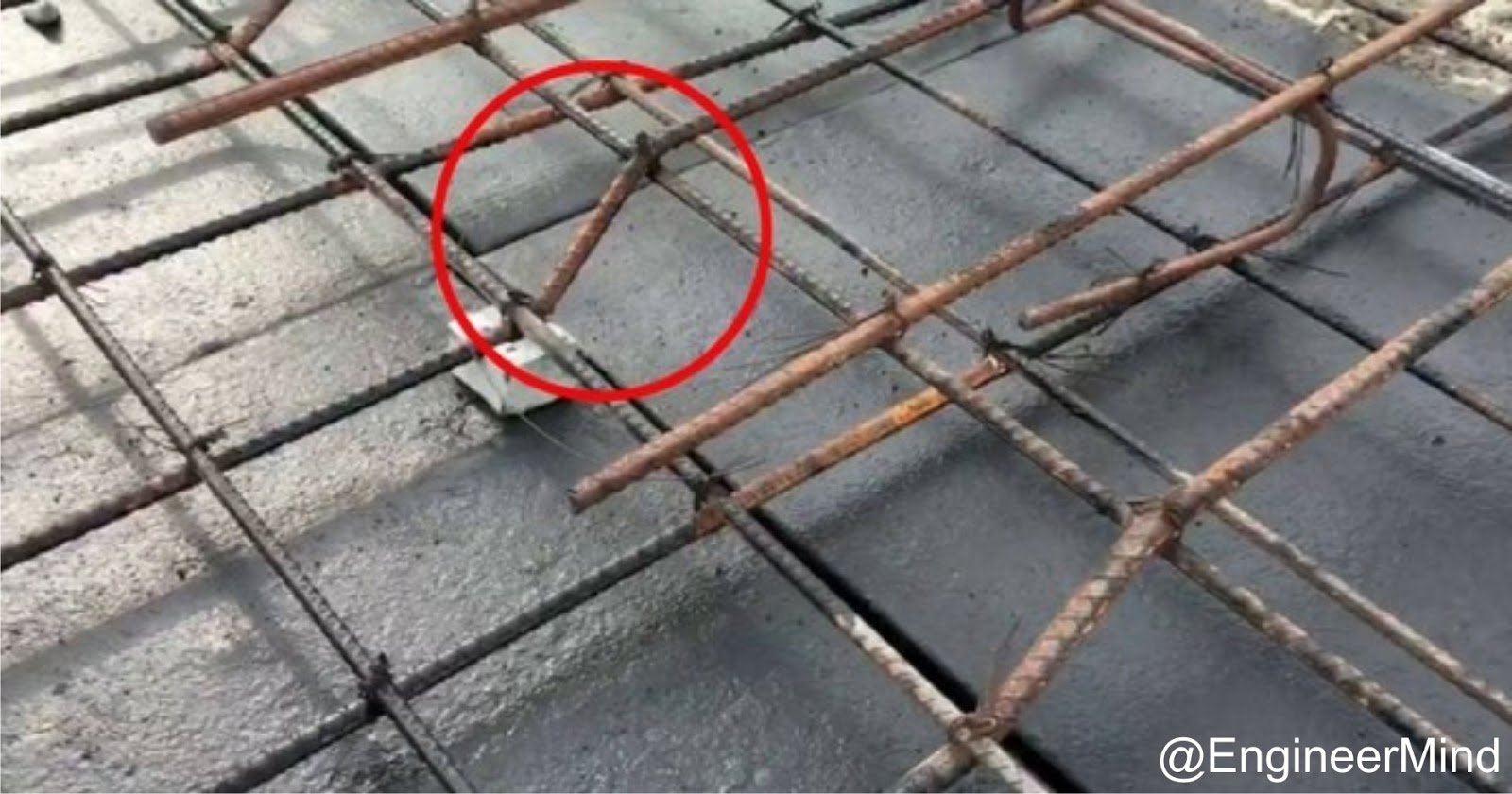There is a purpose for concrete roads and a purpose for asphalt roads. Sometimes, the purpose is overlapping and either one will do.
Concrete roads will provide longer durability, if built correctly, with less maintenance requirements than asphalt. Concrete generally costs more per square yard than asphalt, because you need a thicker pavement section as well as reinforcement.
Concrete pavement cannot be driven on right away. The concrete must be allowed to cure and gain strength over time before vehicles may drive over it. If you have a situation where traffic needs to get on the road quickly, asphalt is a better choice. Asphalt can be placed the same day that traffic is put on it.
It takes a long distance to get efficient production with concrete pavement.
It is more expensive to use concrete in miscellaneous areas with odd shapes than asphalt. It is not good to have tight corner shapes on concrete, or it will crack where you don’t want it to. Asphalt can be placed in various shapes and is flexible so it shouldn’t crack.
Once you place concrete, you really don’t want to tear it out unless you have to. In urban areas, underground utilities are located under the roadway.







